Contract monitoring mechanism is not tight enough
Regarding the article "The scandal of buying rice in the pilot model of the 1 million hectare project" that the Agriculture and Environment Newspaper reported on March 26, Mr. Tran Thai Nghiem - Deputy Director of the Department of Agriculture and Environment of Can Tho City - the unit coordinating the implementation of the pilot model at Tien Thuan Agricultural Cooperative (Hamlet H2, Thanh An Commune, Vinh Thanh District) commented: "The current connection between farmers and enterprises is not really tight. In fact, the membership scale and cultivation area of cooperatives are still very small. This requires adjusting the approach to farmers through cooperatives. There needs to be strong economic contracts in terms of law to ensure rights and force the parties to comply with their commitments".
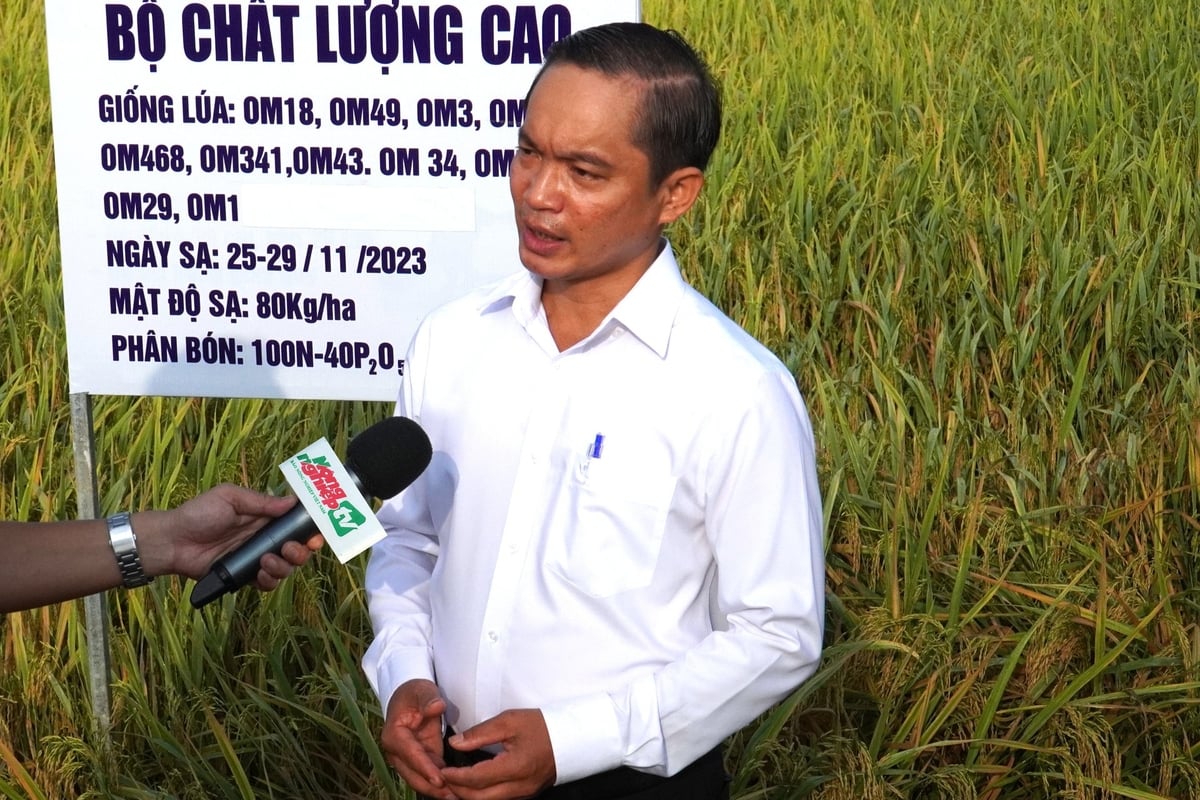
Mr. Tran Thai Nghiem - Deputy Director of Can Tho Department of Agriculture and Environment shared about solutions to solve the problem of linking rice purchasing. Photo: Kim Anh.
The key issue lies not only in the lack of commitment from businesses or cooperatives but also in the insufficient contract monitoring mechanism. Because the 1 million hectares of high-quality rice project sets high expectations for a transparent, sustainable production with stable output for farmers. However, to realize that, closer management measures are needed, ensuring that each linkage contract is truly a two-way commitment with practical value, not just a formal document.
Looking at the case of the association between Tien Thuan Cooperative and Hoang Minh Nhat Joint Stock Company, it can be seen that the association model between cooperatives and enterprises has not really achieved the expected results.
According to Mr. Nghiem, if the parties strictly followed the signed contract, as soon as the rice was ripe, if the associated enterprise did not purchase the rice, causing the cooperative to be unable to sell the rice, the problem would certainly have been discovered and handled, not leading to a "scandal".
From this incident, Mr. Nghiem said that this was not a serious incident but a lesson in communication and organization when implementing the pilot model. This requires closer monitoring of the implementation of the linkage contract to avoid similar problems in the future.
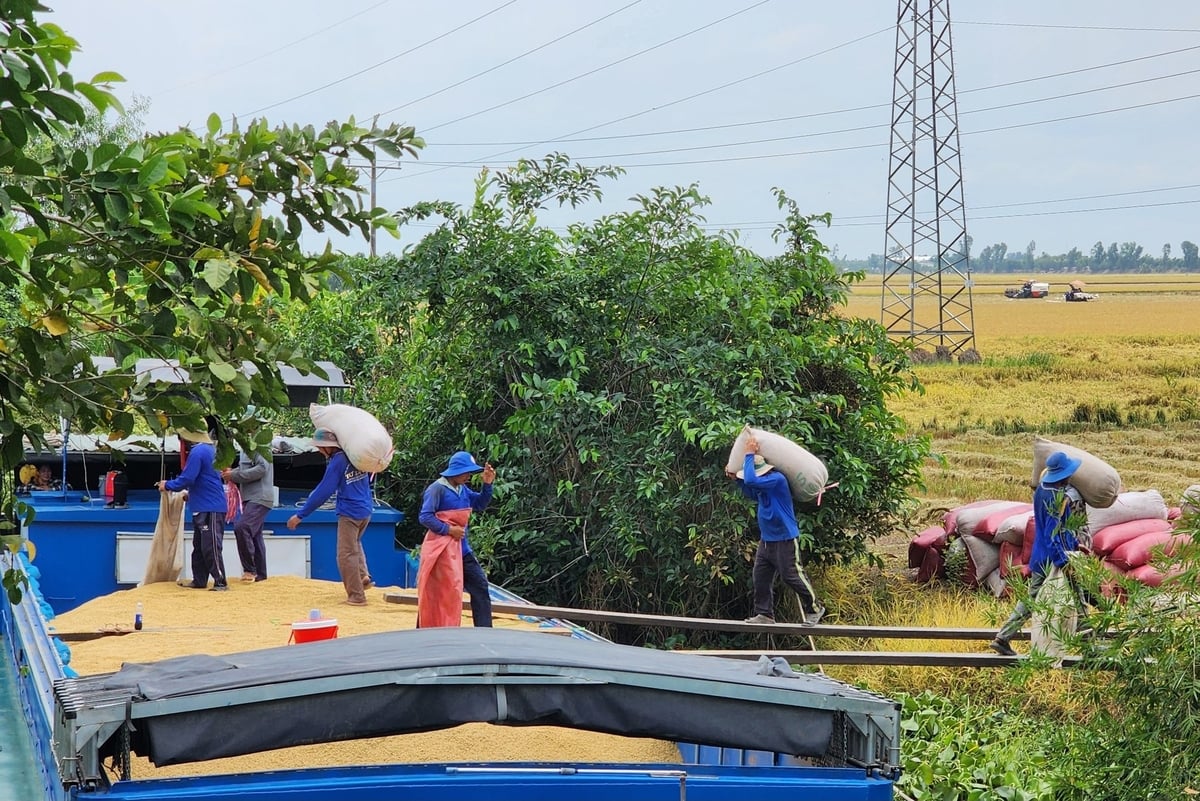
Strict compliance with the rice purchasing contract will ensure transparency and sustainability for the rice industry. Photo: Kim Anh.
“The 1 million hectare high-quality rice project is large in scale both in terms of area and number of participating households. Therefore, the strictness in economic contracts and the responsibilities of the parties involved are prerequisites for the model to achieve the expected success,” Mr. Nghiem emphasized.
Electronic contracts will make the supply chain transparent.
Currently, for the expansion models of the 1 million hectare high-quality rice project, leaders in charge of the cultivation sector of the Department of Agriculture and Environment of Can Tho have directly gone to the raw material areas, connecting businesses with cooperatives to ensure smooth purchasing.
In particular, an important solution that the Department of Agriculture and Environment of Can Tho is focusing on implementing is applying digital technology to develop an electronic contract platform.
Mr. Nghiem hopes that electronic contracts will help businesses sign contracts directly with farmers instead of going through cooperatives as before. Electronic contracts also specify details on the method of association along with terms binding the responsibilities of the parties.
As from the beginning of the season, businesses and farmers will sign electronic contracts. In which, businesses are responsible for introducing reputable suppliers of seeds, fertilizers, and pesticides; ensuring rice purchases for farmers at the end of the season at a fixed price or negotiated price.
In return, farmers will receive the correct amount of materials at a specific price and commit to producing according to the process set out by the enterprise. At the same time, at the end of the season, they must coordinate with the enterprise to carry out the purchase.
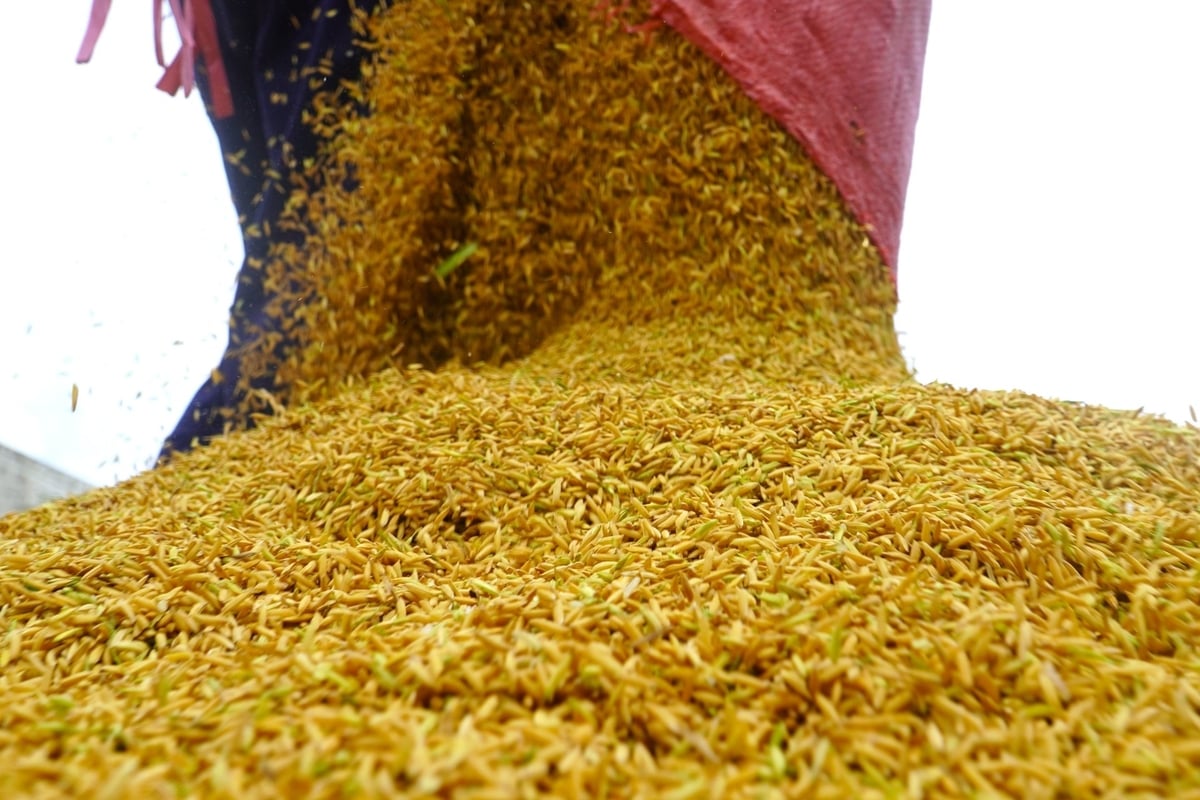
The Department of Agriculture and Environment of Can Tho has high hopes and put a lot of effort into developing an electronic contract platform to solve problems arising in rice purchasing linkage. Photo: Kim Anh.
A notable point is the risk-sharing mechanism in the contract. If both parties choose the fixed price option, the contract is "good", the price will be fixed and the purchase price will be exactly that. If the rice price increases, the enterprise commits to pay an additional 250 VND/kg to farmers. In case the rice price decreases, the farmers will agree to reduce 250 VND/kg to support the purchasing enterprise.
This mechanism ensures harmonious interests between parties, avoiding the situation of "only one side bears the profit and the loss".
The application of electronic contracts not only helps to make the association process transparent but also creates a solid legal basis. If any party fails to comply with the contract, there will be a mechanism for handling according to legal regulations. At the same time, specialized agencies will also be responsible for closely monitoring the implementation of the contract to avoid arising disputes.
Source: https://nongnghiep.vn/can-tho-len-tieng-ve-lum-xum-lien-ket-thu-mua-lua-d746337.html



![[Photo] Overcoming all difficulties, speeding up construction progress of Hoa Binh Hydropower Plant Expansion Project](https://vstatic.vietnam.vn/vietnam/resource/IMAGE/2025/4/12/bff04b551e98484c84d74c8faa3526e0)




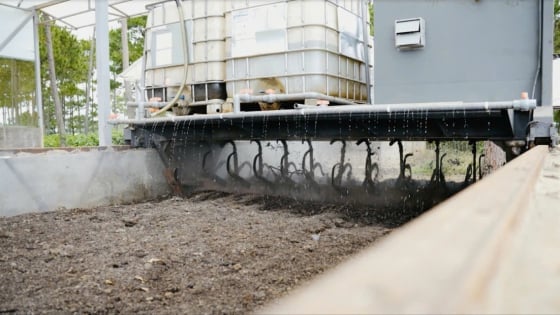
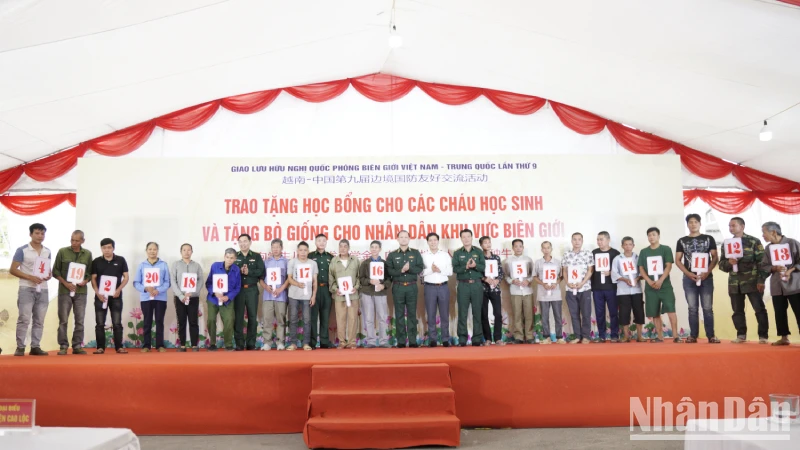
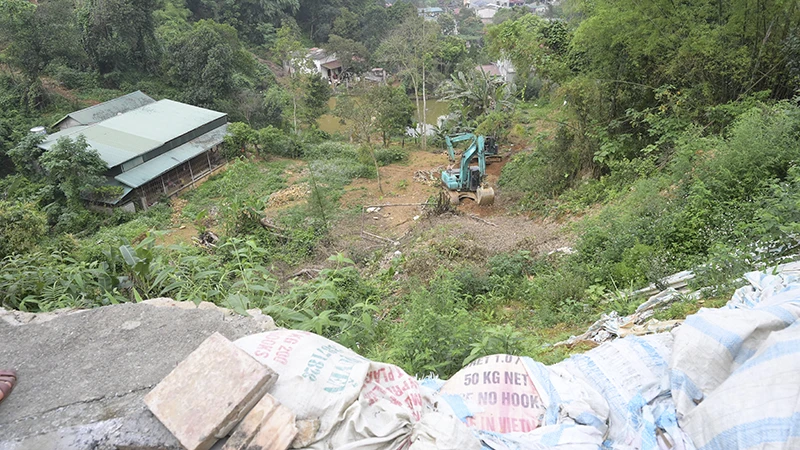
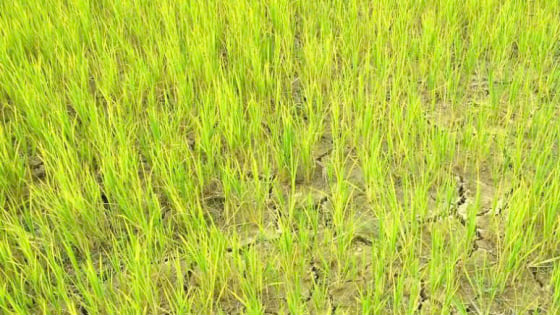
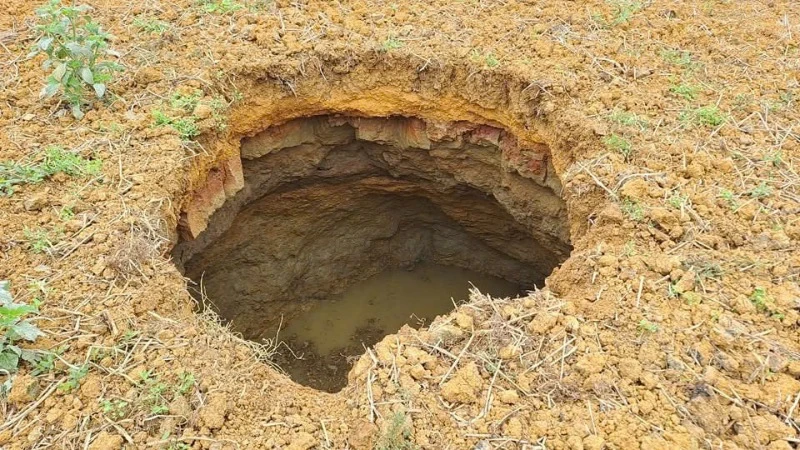
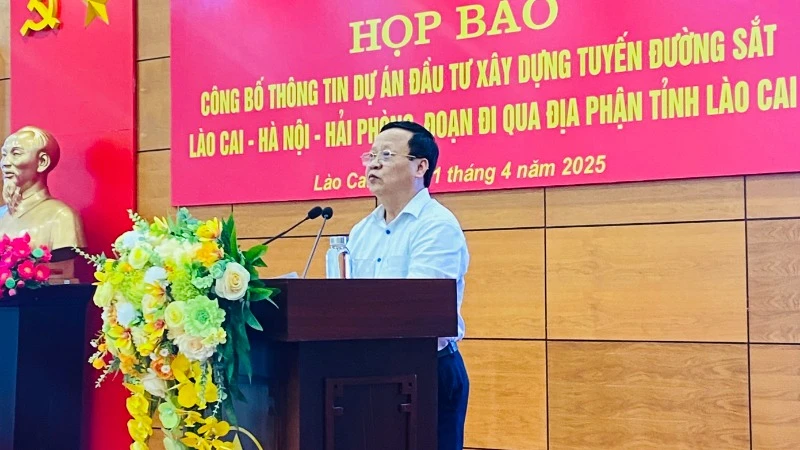


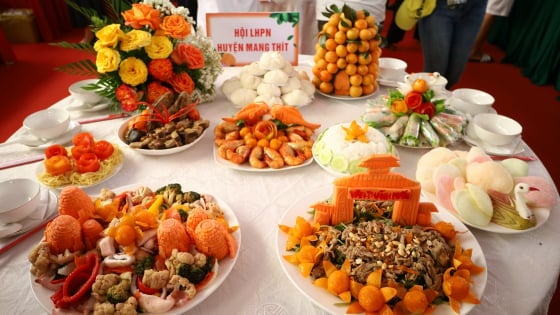
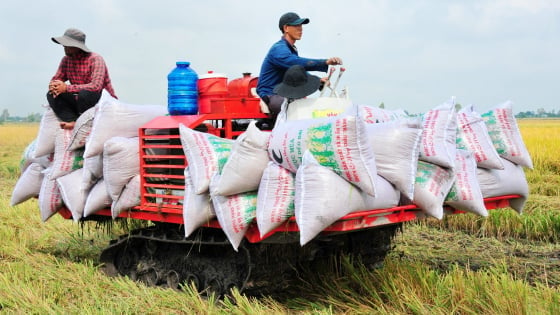
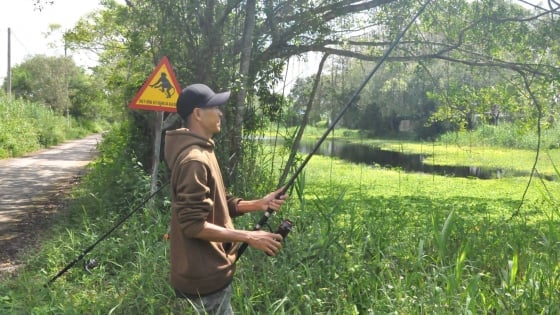


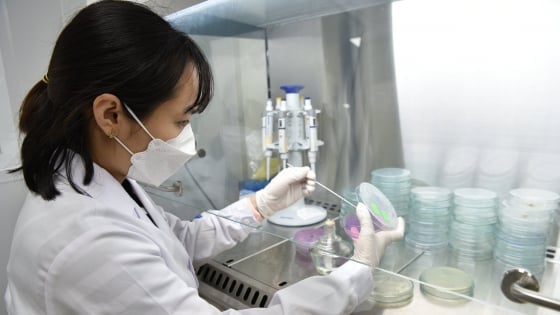
![[Photo] "Beauties" participate in the parade rehearsal at Bien Hoa airport](https://vstatic.vietnam.vn/vietnam/resource/IMAGE/2025/4/11/155502af3384431e918de0e2e585d13a)















































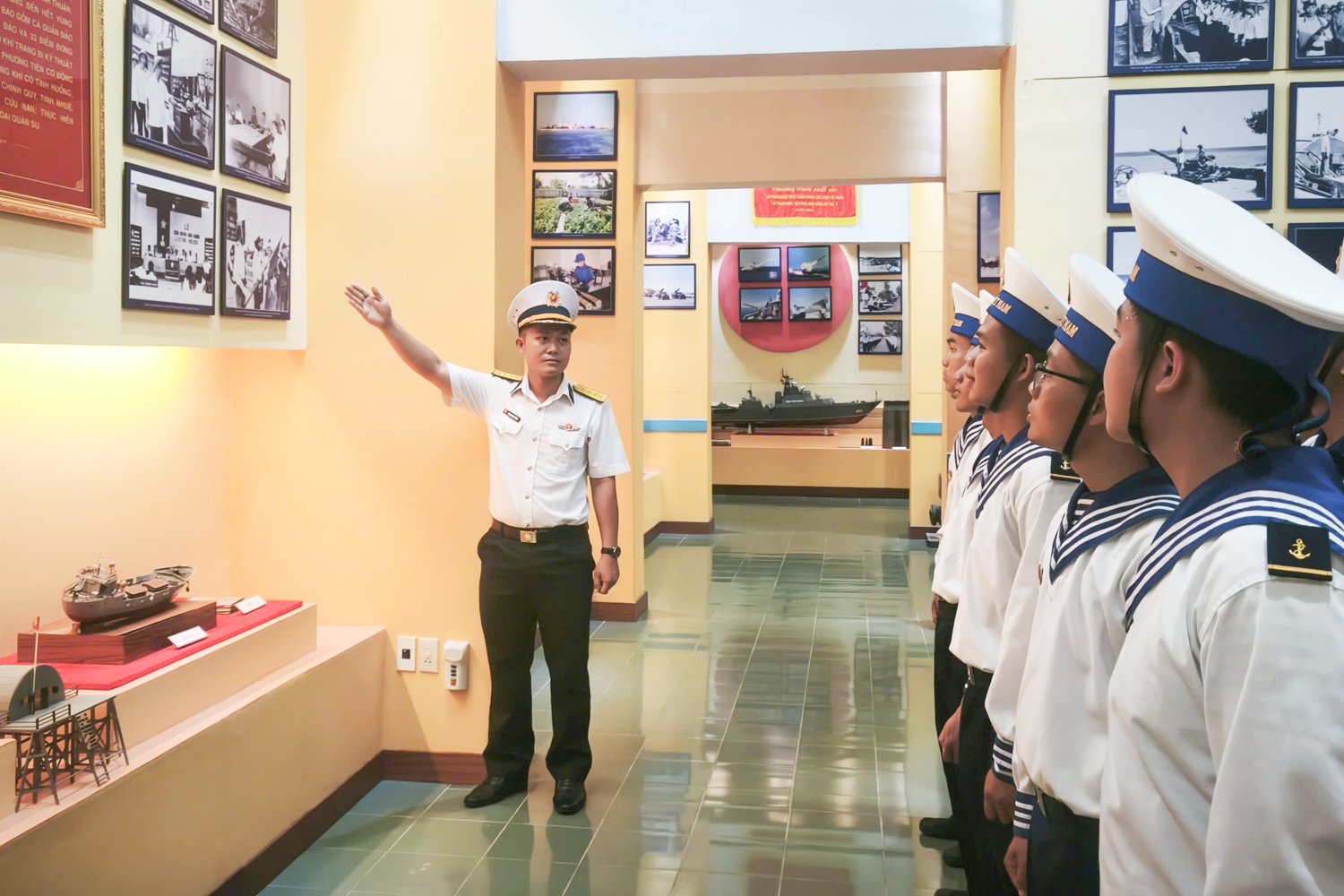

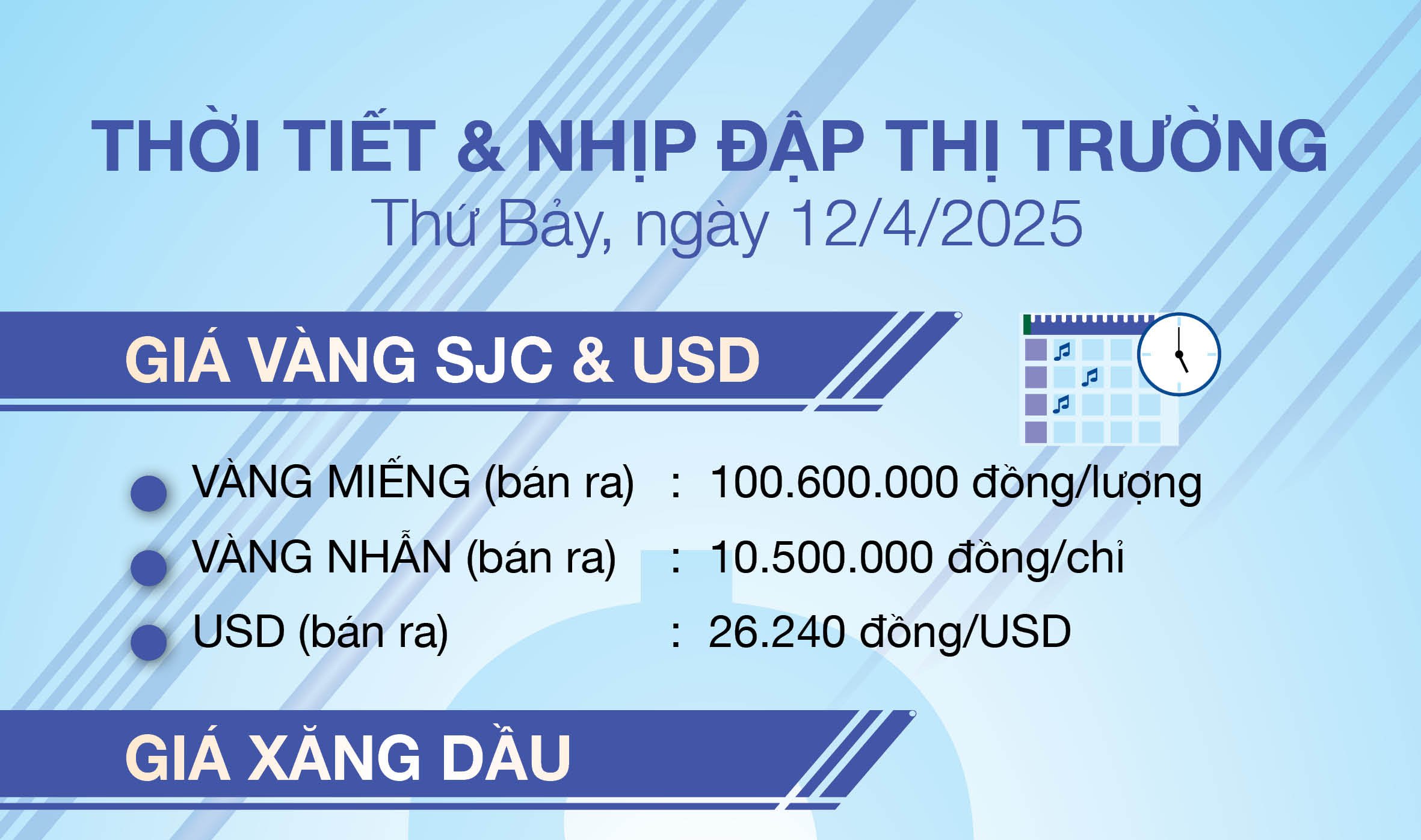

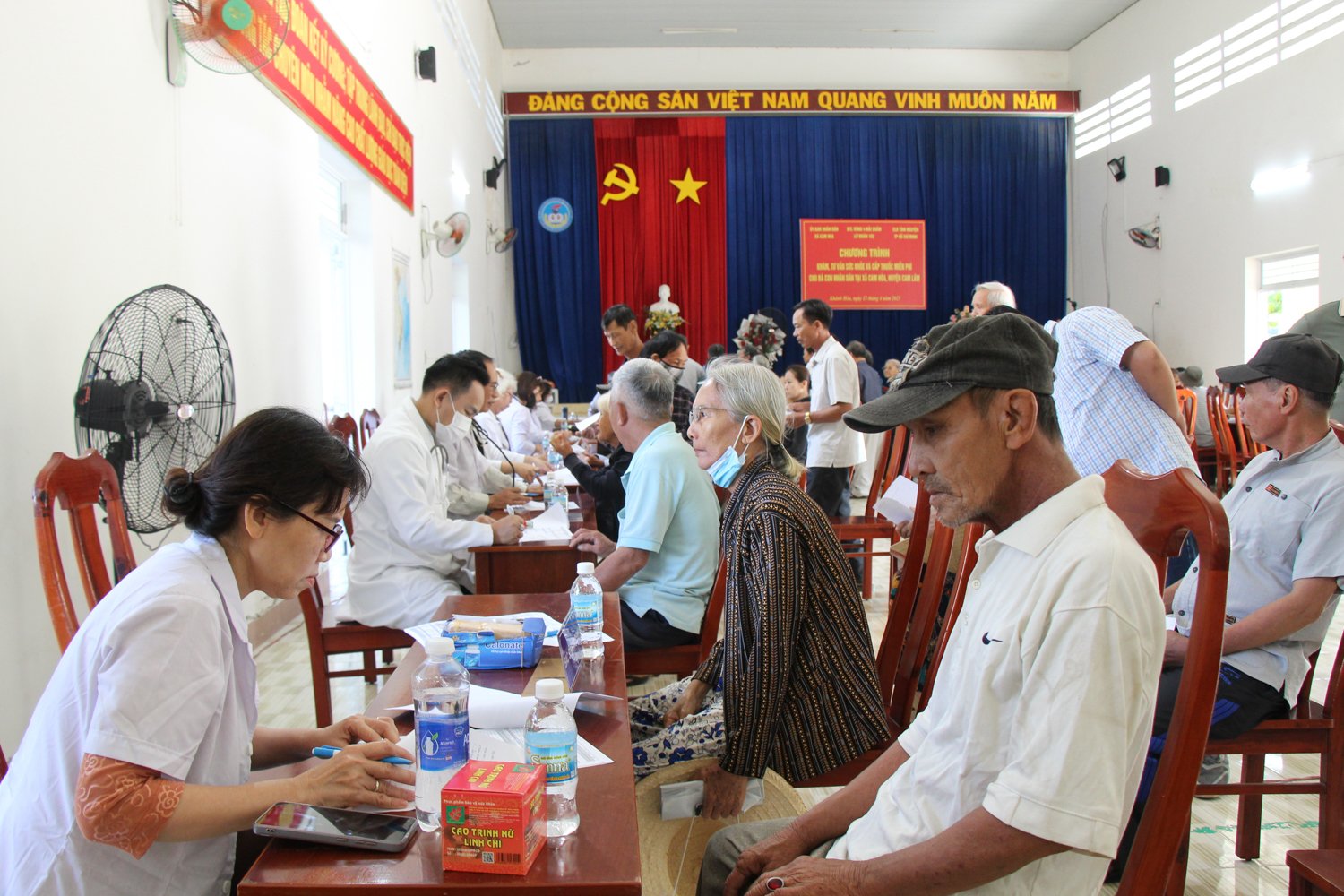
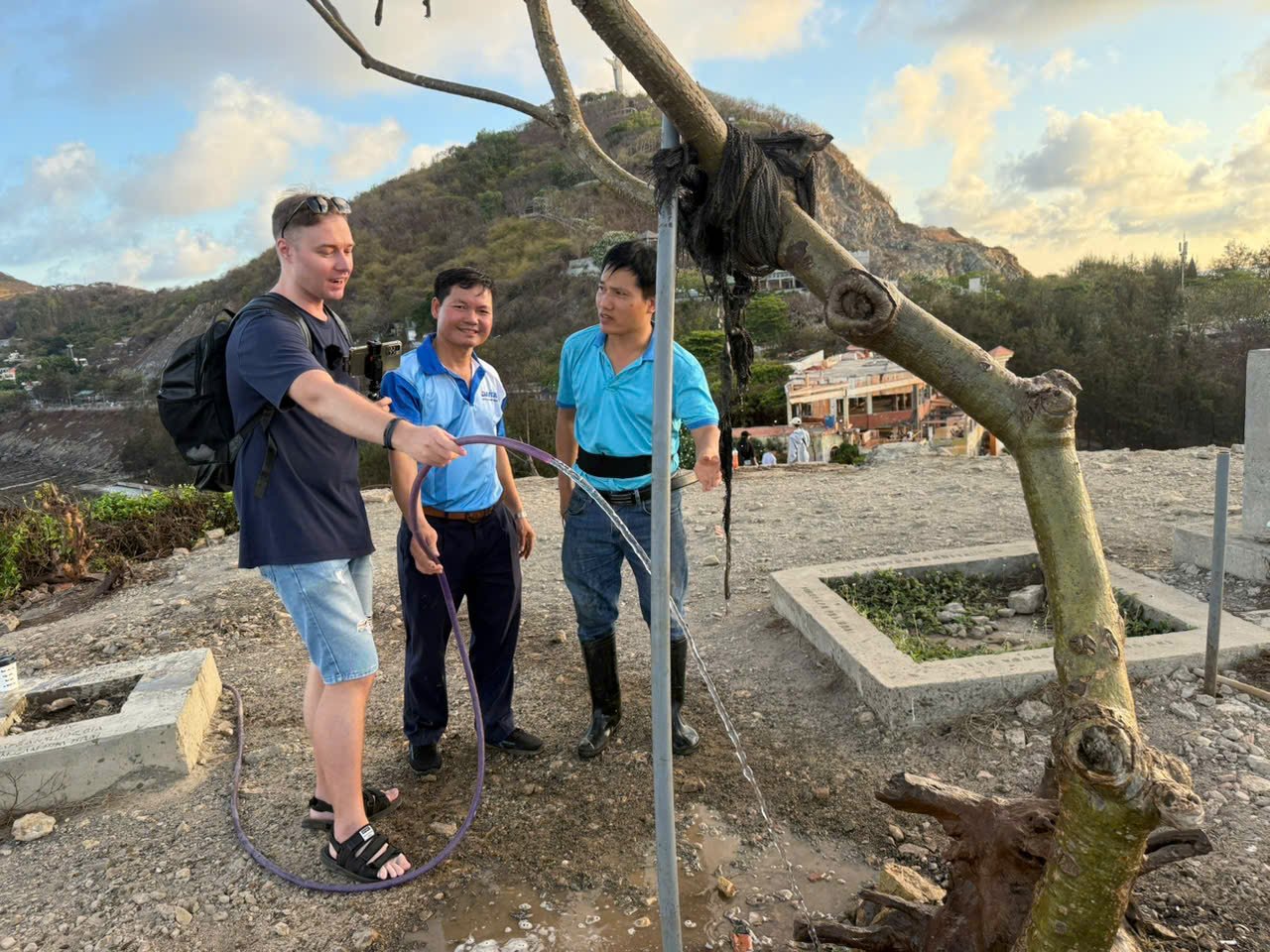
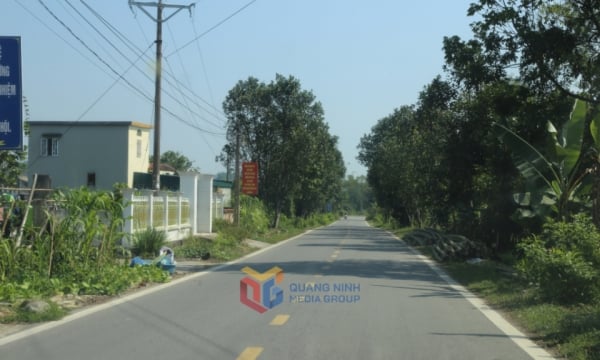

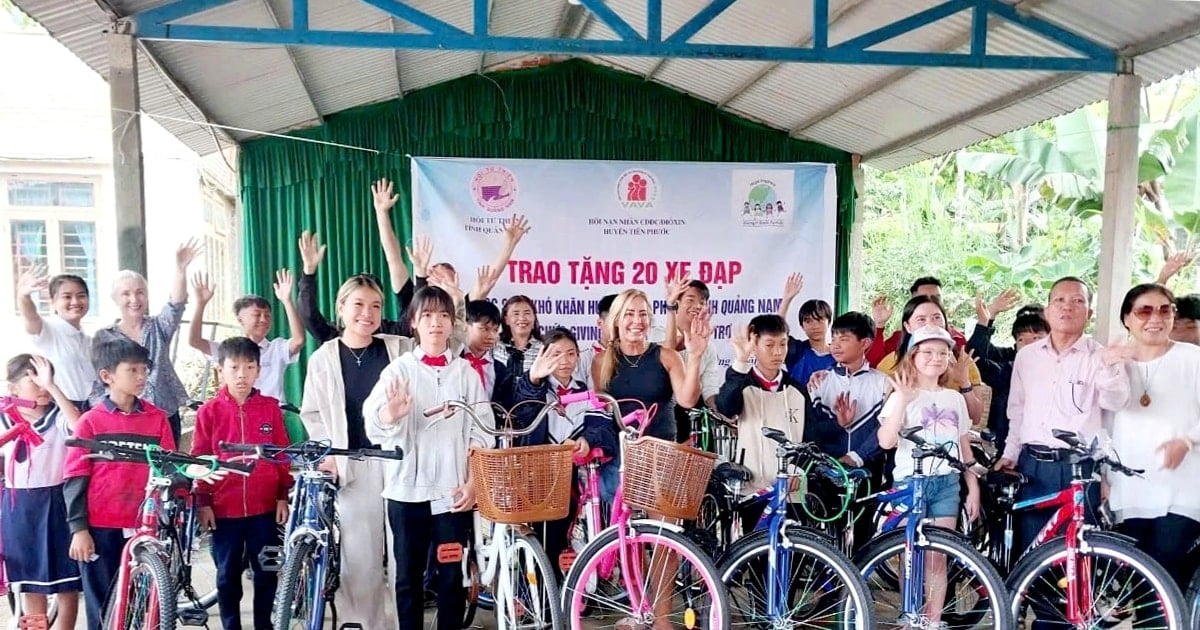












Comment (0)